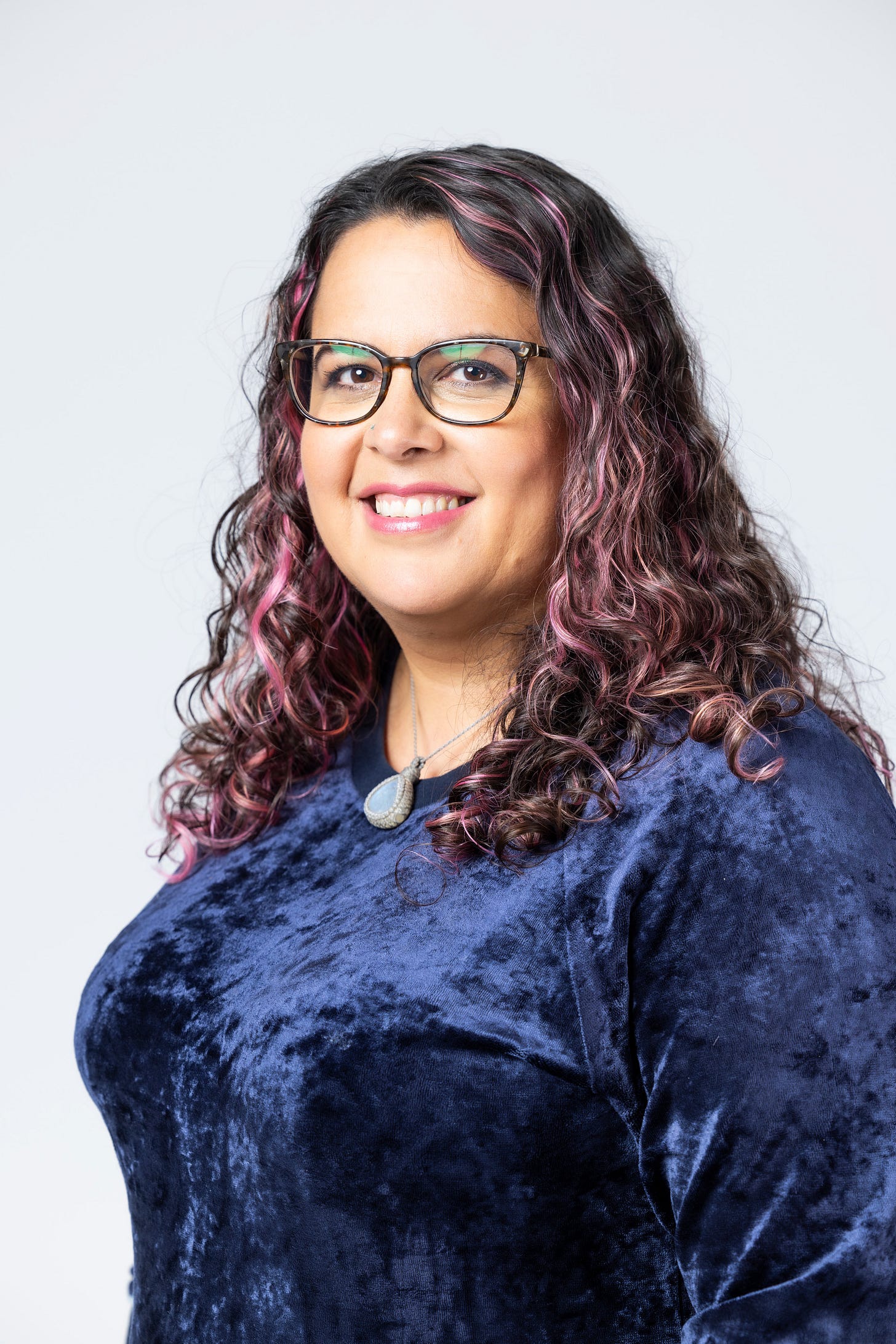Sally El Hosaini: “I’ve always felt like being mixed was my superpower”
The film producer on seeing dissonance, never feeling like you belong and an incessant awareness of difference
Hi, welcome back to Mixed Messages! This week I’m speaking to producer Sally El Hosaini, who is of Welsh and Egyptian heritage. Her latest film, The Swimmers, is out now on Netflix and follows the true story of Yusra and Sara Mardini. The sisters fled Syria for Germany, with Yusra eventually making the first ever refugee team at the Rio Olympics. For Sa…


